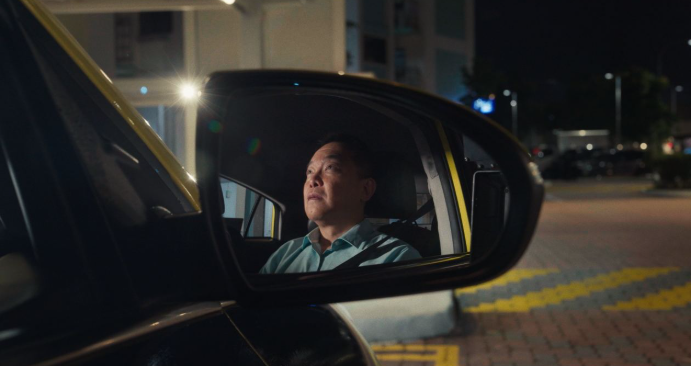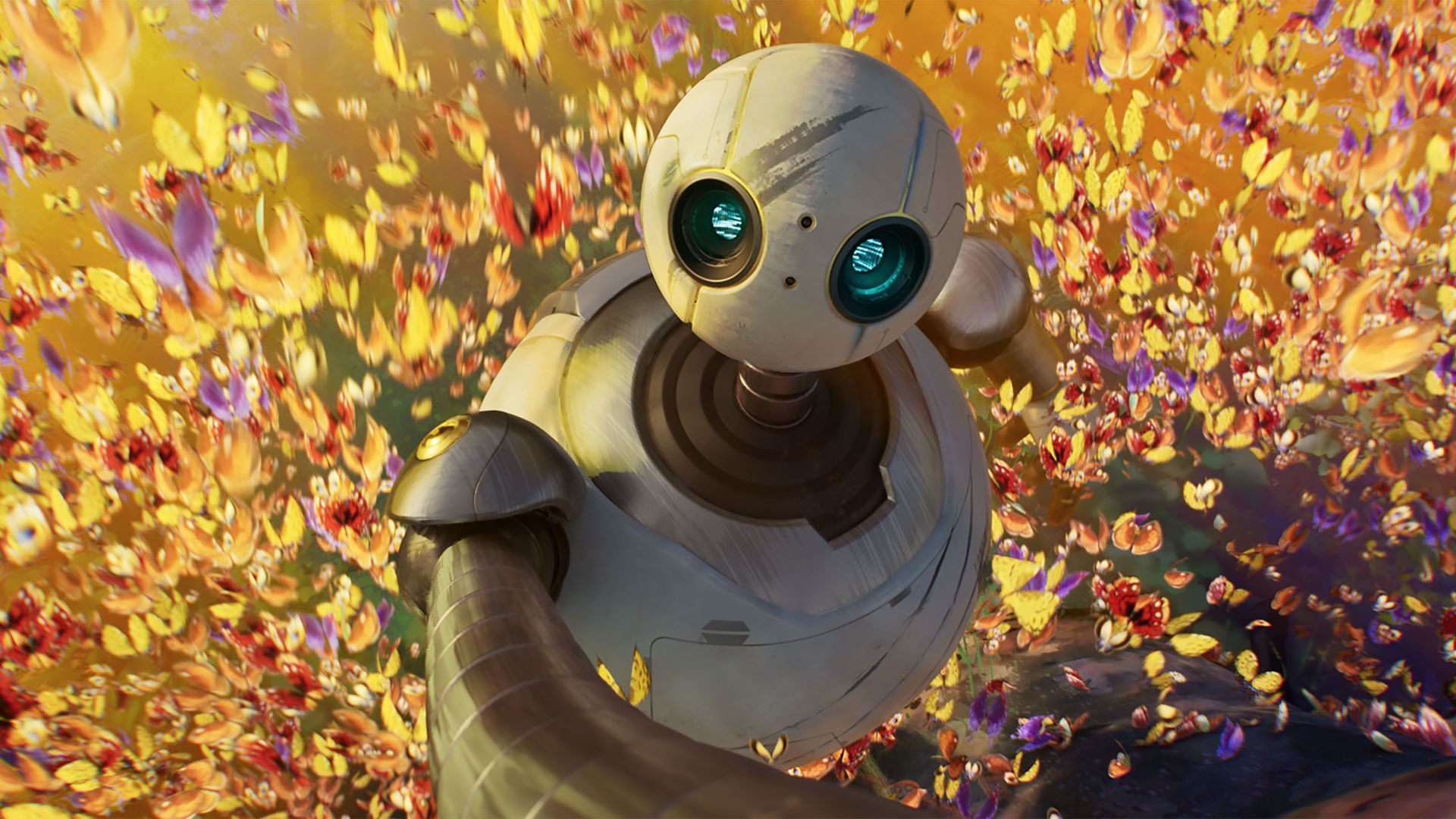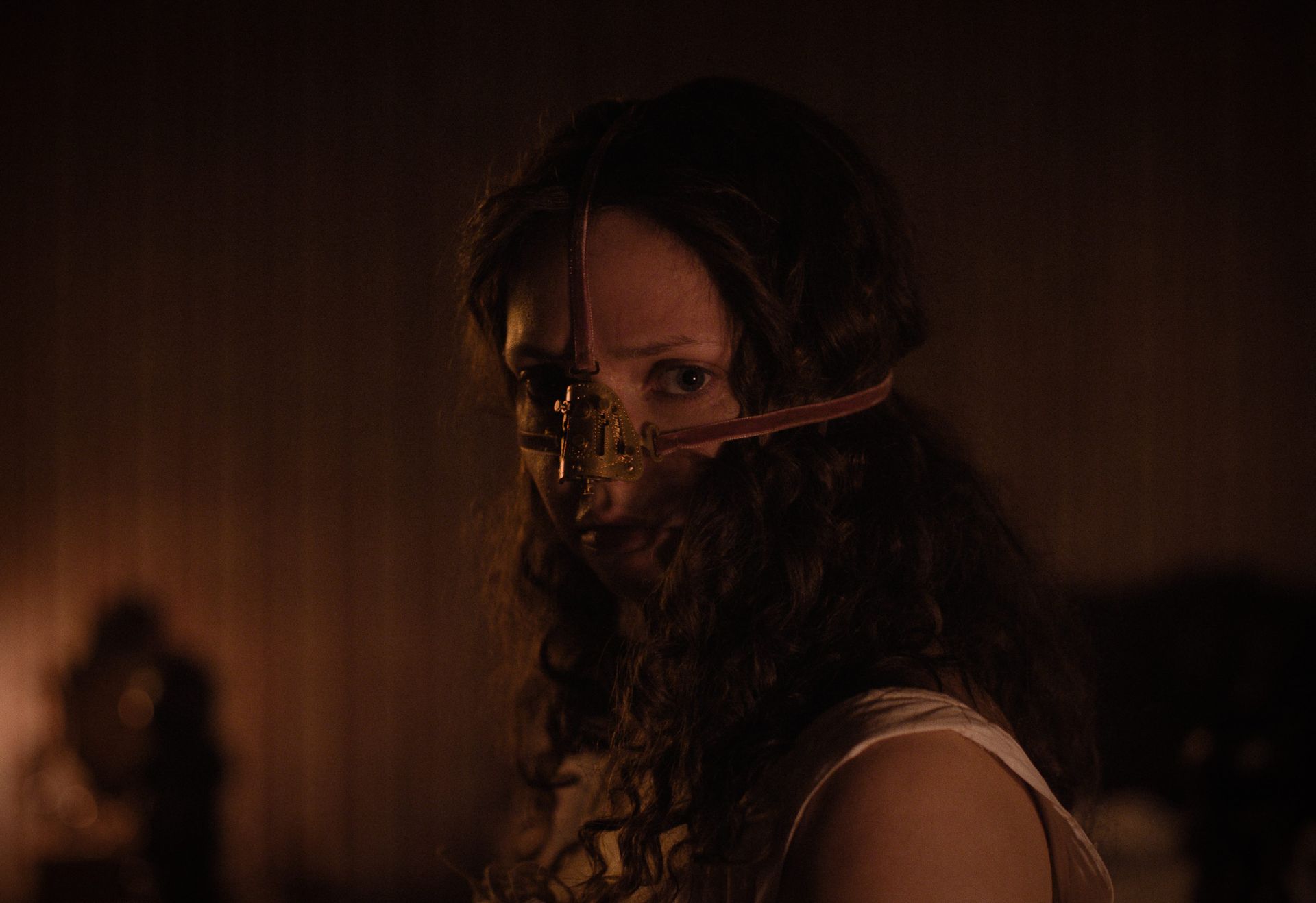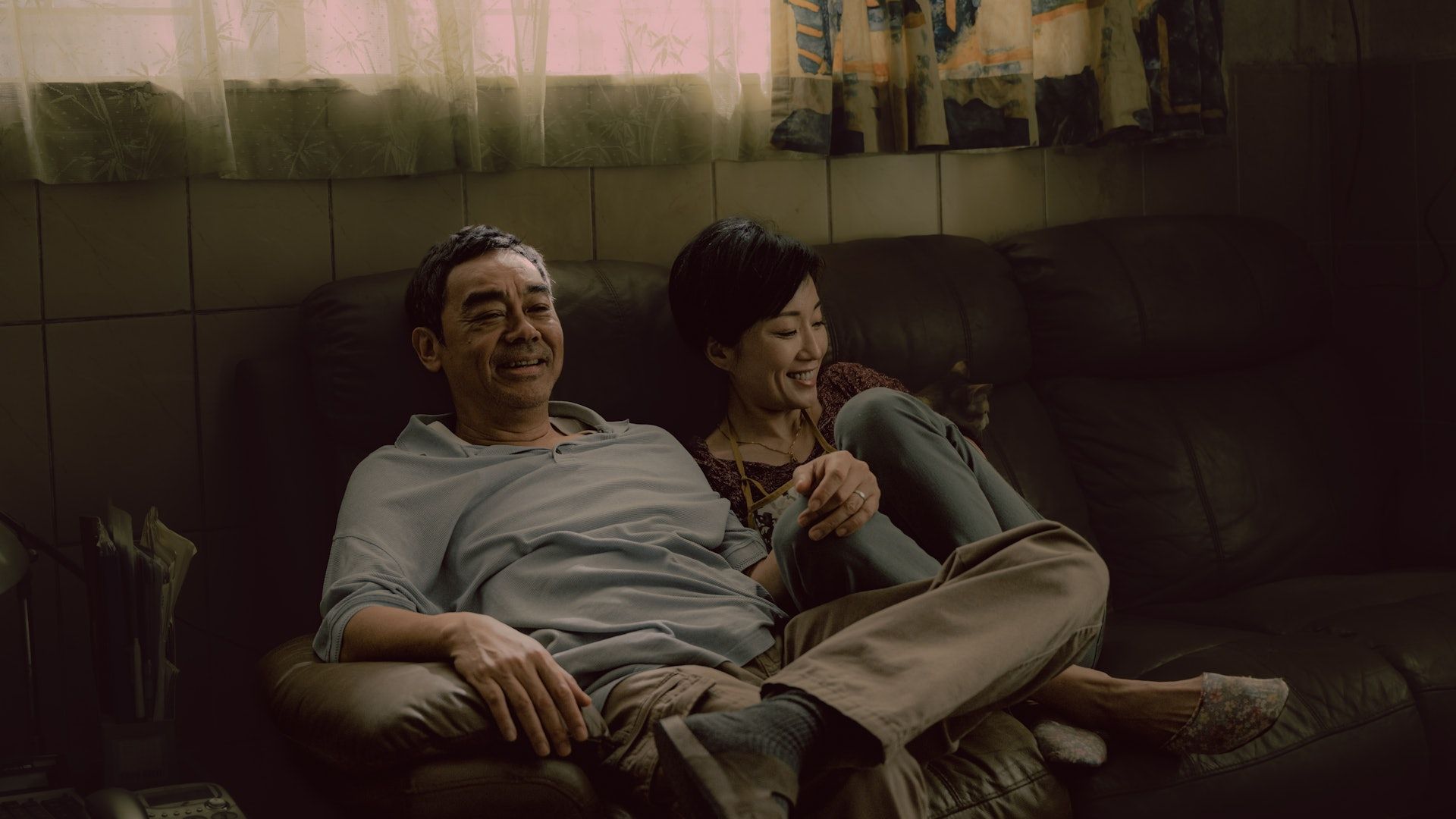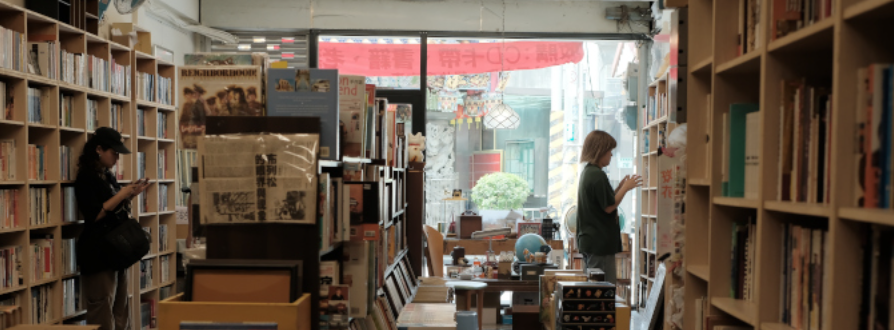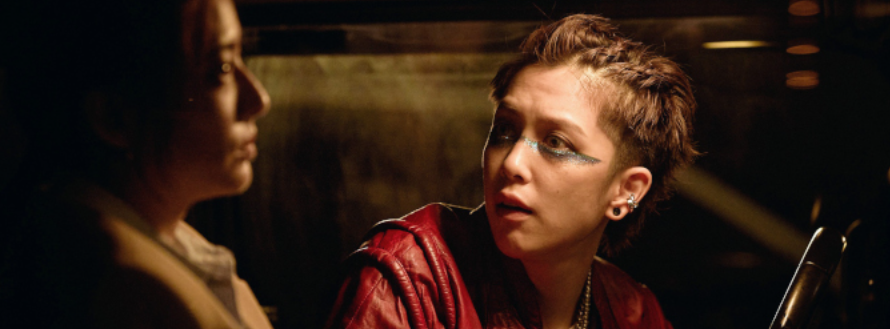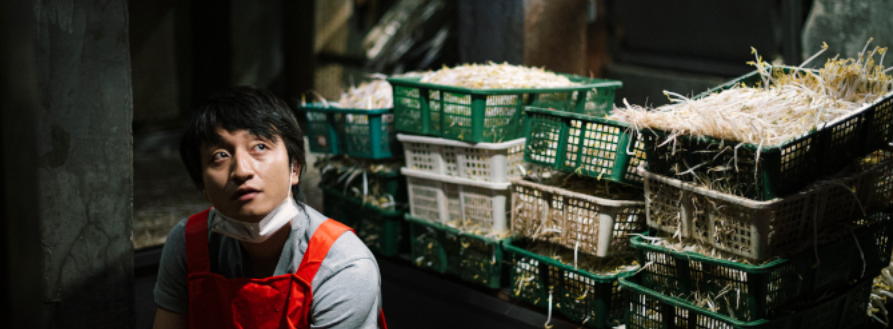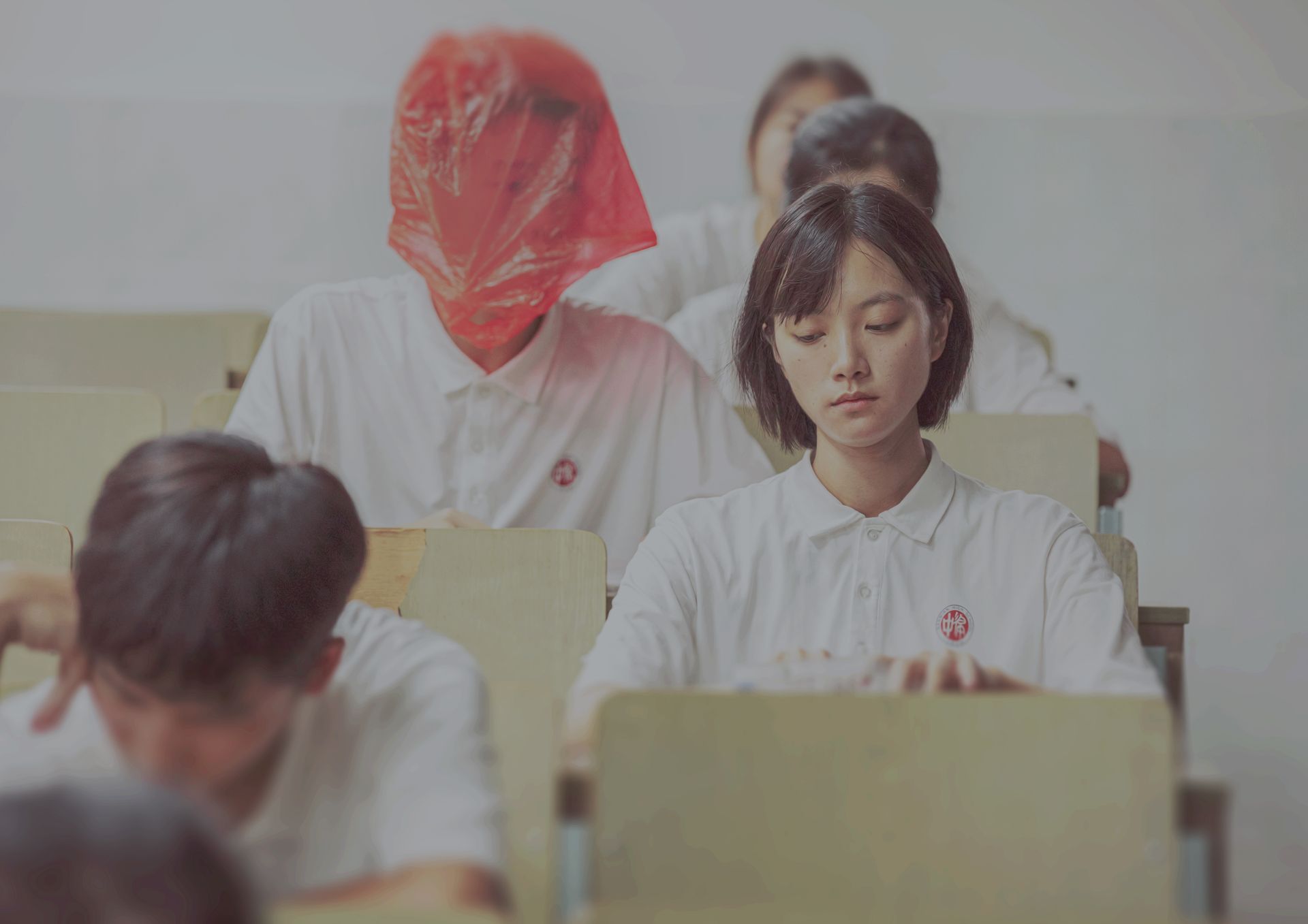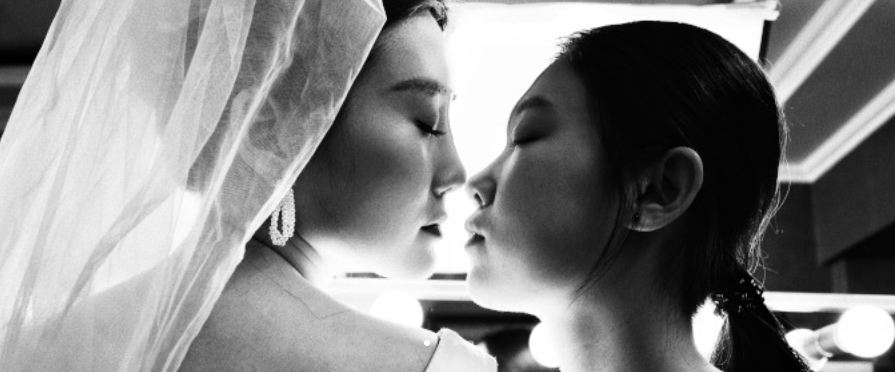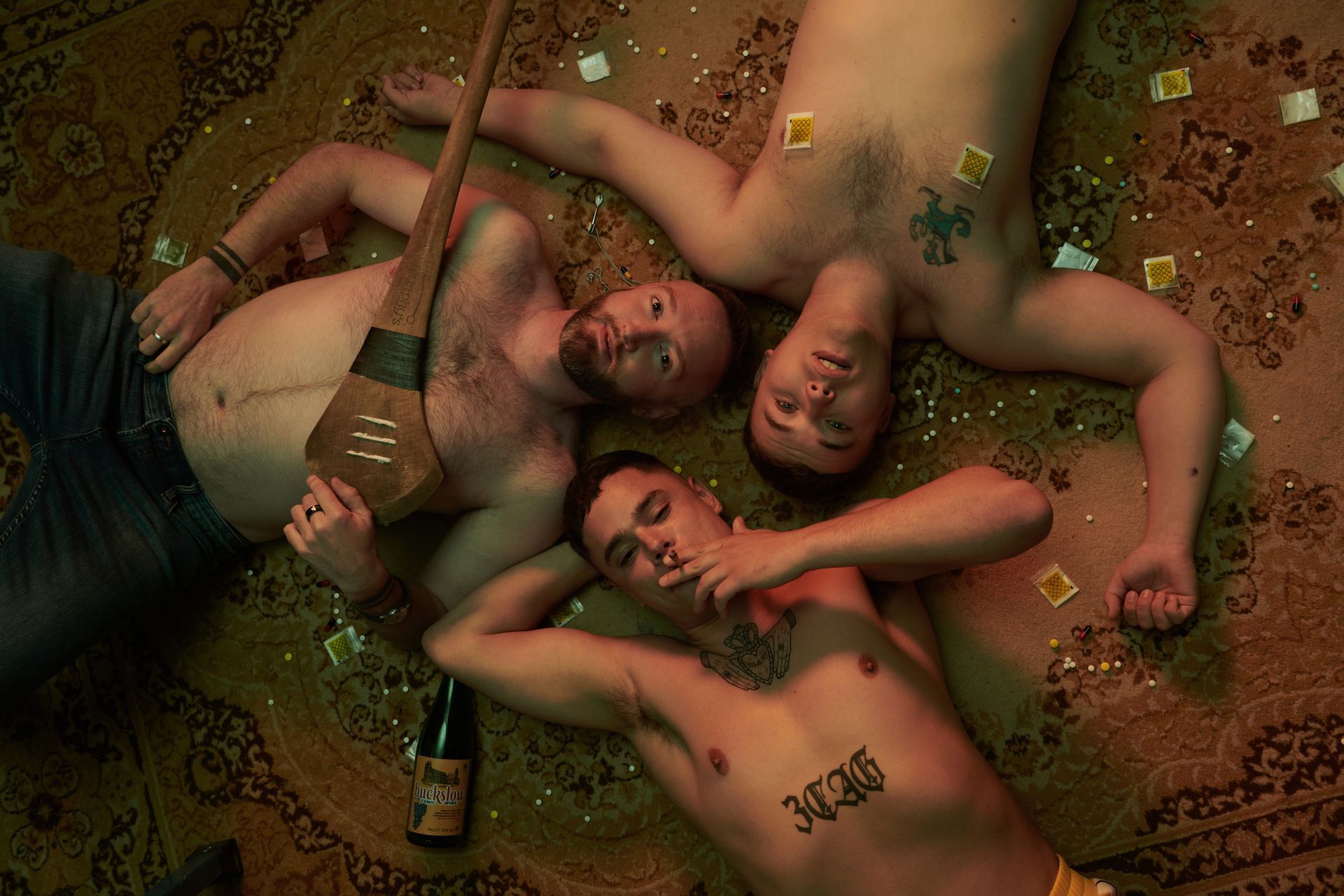Film Review #49: SHOPPING FOR FANGS
Film Review #49: SHOPPING FOR FANGS
*This film review may contain plot spoilers, reader discretion is advised.*
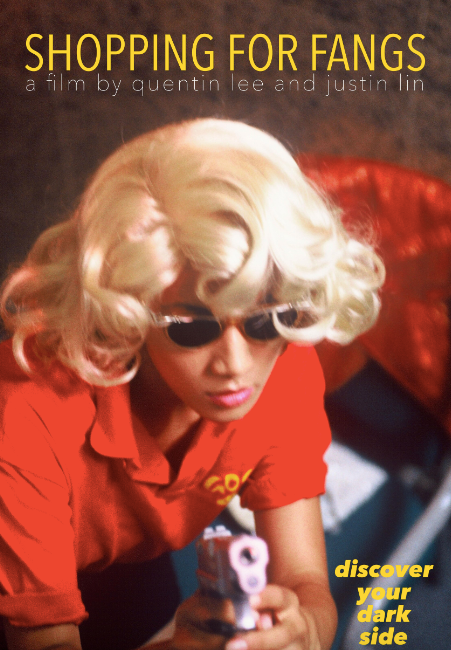
Photo credit: HBO
Asian-American cinema is admittedly not a field that I have explored as deeply as I would like. While in recent years there has been a visible upswing in the diversity of Asian-American stories on film, from Jon M. Chu’s romantic comedy blockbuster Crazy Rich Asians to Lulu Wang’s poignant depiction of familial isolation in The Farewell and the Daniels’ stir-fry of genre film with Everything Everywhere All at Once, the history of Asian-American representation on film gets exponentially sparse when one goes past the 2000’s and into the 1990’s. Prominent Asian-American actors are few and far between, with Asian-American filmmakers even more so. In my own observations, Wayne Wang of The Joy Luck Club fame was the sole filmmaker during this time to establish some mainstream success in directing films that showcased Asian-American lives; the exception that proves the rule.
Of course, that did not mean there was a complete lack of films made by and about Asian-Americans during this time. Bubbling under the surface of the mainstream was a pulse of indie creators that explored the Asian-American identity through transgression, with the most notable film perhaps being Jon Moritsugu’s anarcho-punk piece Terminal USA. In this context, Justin Lin and Quentin Lee’s Shopping for Fangs is certainly more mediated[ET1] [M92] , but still retains some microbudget schlock and gleeful borrowing of genre tropes that is indicative of eager film-makers ecstatic to be shooting a movie. I had absolutely no idea what this movie was about before I went into it, with the biggest draw being that this was Justin Lin’s directorial debut. Whilst he is now more known for directing some of the Fast and Furious movies, his 2002 film Better Luck Tomorrow was arguably one of the first Asian-American films with a focus on Asian-American youth and rebellion to garner some significant traction. Quentin Lee has been more enigmatic, though some cursory research showed me that he has had a steady career in filmmaking, crafting stories that center on Asian-American and/or LGBT youth, which is certainly admirable.
Shopping for Fangs details the stories of three Asian-Americans; detached housewife Katherine, promiscuous waitress Trinh, and frustrated clerk Phil, whose lives briefly intersect with each other whilst waddling through burgeoning changes in their own lives. These range from the sobering, with Katherine suffering from memory and marriage troubles; to the quirky, with Trinh’s lasses-faire attitude as she makes friends and enemies; to the near-fantastical, with Phil experiencing agitations that make him believe he’s turning into a werewolf. With such wide-ranging character threads, the camera follows them with an active handheld vigour, though more static shots are implemented when levity is needed.
This “all-over-the-place” attitude ties back to what I mentioned about Lin and Lee’s filmmaking glee; there is a kineticism that permeates all across the movie, a sense of rebelliousness that is further woven with its themes and imagery. Katherine, Trinh and Phil are characters that struggle with their selves, with the most predominant theme on that front being that of sexuality. Through quiet contemplation and loud strife, they slowly but happily come into acceptance of who they really are. Adding onto that with this being a film headlined and mostly starring an Asian-American cast, it seeks out to give a sense of representation to a demographic that has sorely lacked it on film.
In that sense, Shopping for Fangs’ ambition is truly remarkable. However, while it balances this core ideology with its more outwardly weird plot elements relatively well, at times the movie can be subjected to its own affectations. This was most present in the scenes where things slow down and the characters actively ponder and reflect on themselves. They actually work quite well for the most part, with Jeanne Chin doing a particularly good job as the aloof but caring Katherine, but the whiplash from its tonal shifts might prove a bit disorientating for some, alongside a climactic twist that, while understandable in tying back to the film’s theme of finding oneself, unfortunately feels ham-fisted and forced.
Still, while Shopping for Fangs might not be a particularly great film, it is certainly a pretty good one, and definitely an important foundational film in Asian-American cinema. It is an indie film through and through, with a hungry want to tell its story while lacking major financial backing. Its genre tendencies might have overshadowed it from garnering more acclaim compared to Better Luck Tomorrow, nor does it dive into Asian-American identity as deep, but that gives it a unique charm that I would say at least warrants it a curiosity watch. Funnily enough, it came out in the same year as Happy Together, a Hong Kong film about a gay couple by Wong Kar-wai, whose style Lin and Lee are shameless influenced by in some of the scenes, just a bit of a cross-cultural coincidence that I thought was neat.
——————————————————————————-
This review is published as part of *SCAPE’s Film Critics Lab: A Writing Mentorship Programme, organized by The Filmic Eye with support from Singapore Film Society and Sinema.
About the Author: Wei Li Heng is an avid lover of uncovering and writing about obscure and underseen Asian cinema. He hopes to discover local cinematic gems and share them to a wider audience

